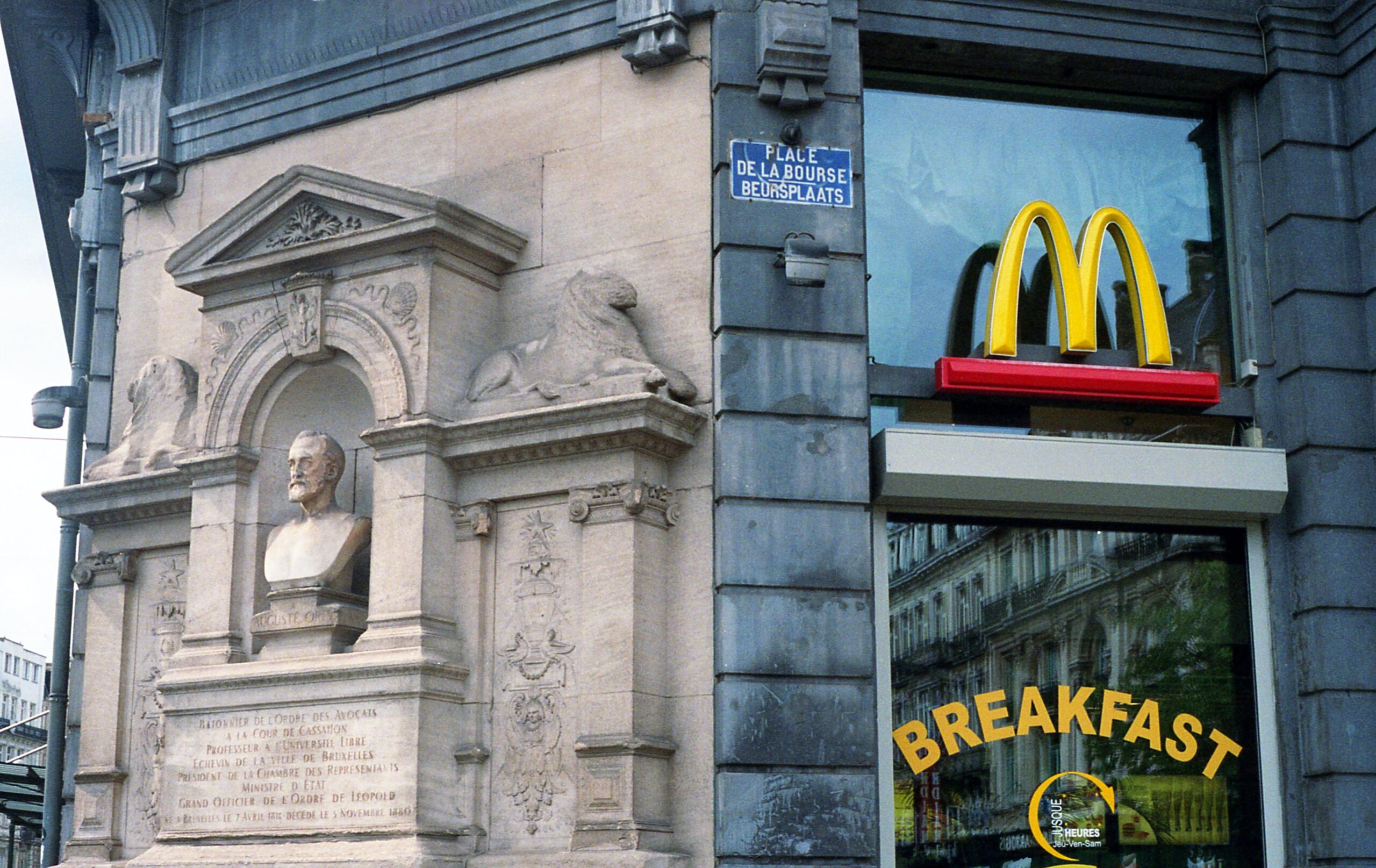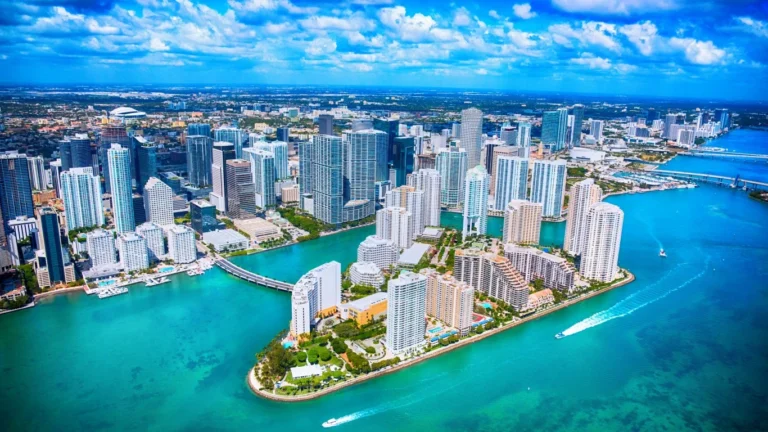Panama Canal May Hit McDonald’s Beef Sales

Commercial ship traffic through the Panama Canal has been cut nearly in half some days because drought has made the passage too shallow to handle normal traffic levels. Shipping company Maersk told customers it may have to take some cargo across the isthmus by rail. Ships from the Pacific will drop off cargo on the west side of Panama, and after it has crossed, it will be loaded onto ships on the east coast. And the same will be done in the other direction. The process will slow supply chains for some companies. If the problem worsens, one of these companies will likely be McDonald’s.
More news: Big tankers cost $400 million.
Other global disaster warnings: world most expensive environment disaster.
Forty percent of US seaborne container traffic from the US goes through the canal. The list of what they carry ranges from food to clothing, furniture to auto parts. McDonald’s is a good example of how the problems occur.
Beef In Australia
A portion of the beef McDonald’s sells in the US is sourced in Australia. Once it reaches the US, there is limited warehouse space to store it. For McDonald’s, part of the JIT (just in time) process is direct sales related. According to Learn Transformation, McDonald’s, “JIT method boosts customers satisfaction as items are made more freshly.”
The problem becomes more complex for companies that make products that have large numbers of components. Ford held 45,000 F-150s, its best-selling vehicle, in inventory because of a shortage of the Ford logo badges attached to the front of the trucks in September 2022. American cars are built with an average of 30,000 parts. The Ford logo problem is at the top of a gigantic supply chain challenge.
Ford and McDonald’s
Whether it is McDonald’s or Ford, the same economic principle holds. As Zurich Insurance experts pointed out recently, “Prices increase when supply reduces and demand increases. Since 2021, supply chain disruptions at ports and warehouses caused by bottlenecks and labor shortages have contributed to shipping delays. These blockages left companies with a reduced inventory.” One estimate is that supply chain issues caused almost two-thirds of the increase in inflation in late 2020, 2021, and early 2022.
The supply chain problem eased last year, so inflation dropped sharply. The Panama Canal issue, which almost certainly will not be resolved soon, means that the cost of hamburgers and possibly cars will rise again soon.
Sponsor
Find a Vetted Financial Advisor
- Finding a fiduciary financial advisor doesn't have to be hard. SmartAsset's free tool matches you with up to 3 financial advisors that serve your area in 5 minutes.
- Each advisor has been vetted by SmartAsset and is held to a fiduciary standard to act in your best interests. Get on the path toward achieving your financial goals!
More from ClimateCrisis 247
- Natural Disaster Costs Above $100 Billion
- Heat Becomes No.1 Weather Killer
- Montana Hit By A Foot Of Snow
- National Weather Service Open During Shutdown






